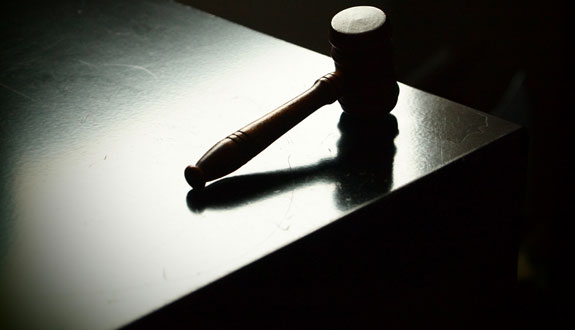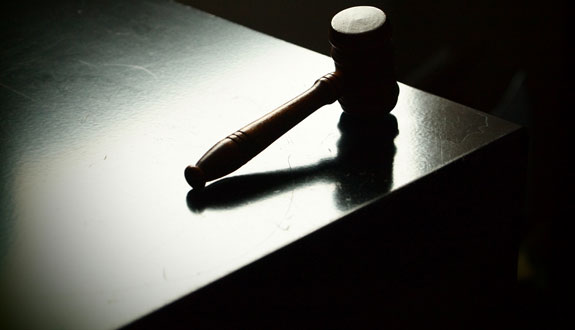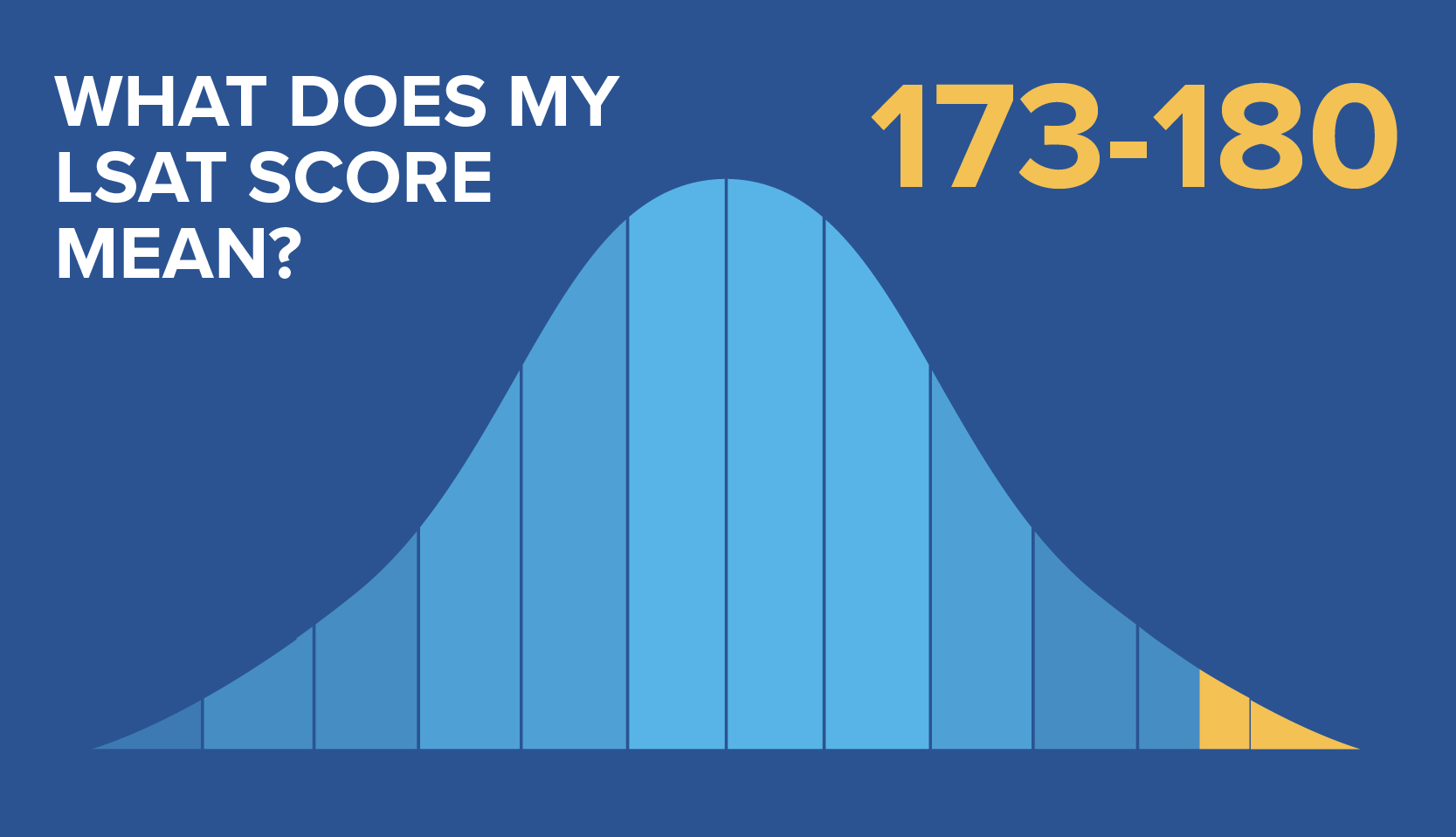
PROGRAMMING NOTE – US News & World Report rankings are out. We’ll have an article about it up either tonight or tomorrow morning.
It all started when Anna Alaburda filed a complaint against Thomas Jefferson School of Law for publishing misleading employment statistics. Legal commentators were quick to discuss her relatively low chance of winning the lawsuit. However, she did win a PR battle when Thomas Jefferson filed this response. In it, they more or less admit that they were playing fast and loose with statistics. While they contend that the allegations in the complaint don’t rise to an actual cause of action for which the court can offer redress, it must have hurt them to admit that their employment numbers were much higher than their bar passage rate – a fact that demonstrates the low percentage of their graduates employed in a legal position.
Since that case made headlines, David Anziska, Jesse Strauss, and Frank Raimonde have filed lawsuits across the country on behalf of what they hope to be a class of students who were induced to assume tens of thousands of dollars of non-dischargeable debt based on fraudulent employment data. Their current tally is 14, including Florida Coastal, Maurice A. Deane (Hofstra), and New York Law School (NYLS) – one of the first and most vocal defendants in these suits.
Several of the law schools are starting to push back. Many have filed motions to dismiss, and Cooley has filed a counter-suit, alleging defamation and tortious interference. Some deans are on the offensive, conducting interviews and denying the allegations. Others are silent.
For those of you wondering about the basis of the suits, you can check out the complaints here. No need to read through all of them – they’re all alleging essentially the same facts and causes of action, with a few changes based on the specifics of each school. I’d recommend checking out the NYLS complaint, as there has already been a hearing on the motion to dismiss.
So how did that motion to dismiss go, and how strong are the merits? The ruling on the motion to dismiss is still pending, though the judge seemed a bit skeptical of both sides, according to those present. That’s usually a good sign for the plaintiffs, as they only have to establish a chance of succeeding on the merits if everything falls their way. It’s a very loose standard, so anything cutting in favor of the plaintiff (including a judge skeptical of the defendant) is good news for that party.
As to the merits of the case, there are much more qualified individuals than I to talk on that. I’d recommend checking out this Reuters article, where they discuss the chances of class certification and success on the merits at trial.
My personal thoughts are as follows:
1) The Plaintiffs’ lawyers are viewing this as much as a crusade as a lawsuit. That’s bad for their clients. While it will certainly drive the attorneys to work hard on the case, it will also lead them to take some risks and have some blood in the ring. While reading through their complaint, they allege many things about the legal education industry in general in between specifics of each school. This is bad; it sets the industry standard very low as well as shifts focus from the specific school to every school (ones that aren’t party to the suit). They make inflammatory and wide-sweeping statements that are usually reserved for lawsuits filed to make a point more than find relief. It also alienates the Court to have to read through such invective, especially if the Court is already skeptical of your claims.
2) It seems that they’re taking a spaghetti-at-the-wall approach to filing these lawsuits. By going after each school individually, and not focusing on any of the central repositories of this information (the ones that actually set the standards for what must be reported), it seems to me as if they’re filing a ton of lawsuits and hoping one gets through. As highlighted in that Reuters article, many feel that the case isn’t very strong on the merits. If that’s the case, many of their suits are likely to get dismissed. The more cases they file, the more likely they’ll get one through and get to ‘stick it’ to a specific school, claiming a win in general as they ‘put other schools on notice.’
3) No matter what the outcome, these lawsuits are going to do some good. Whether it be through actual change to the system (unlikely), or future law students being more aware of their likely employment outcomes (slightly less unlikely), these lawsuits will somewhat alleviate the situation.
4) However, students are currently aware of their employment prospects coming out of a lower-ranked law school, and yet they continue to enroll. Everyone believes that they’ll be the exception to the rule because they’re smart and a hard worker, not realizing that they’re competing against many other smart, hard-working students. Until this nation realizes that not everyone is a special snowflake and just attending school doesn’t guarantee you a job, the problem of legal education will continue. Even with accurate employment data.




